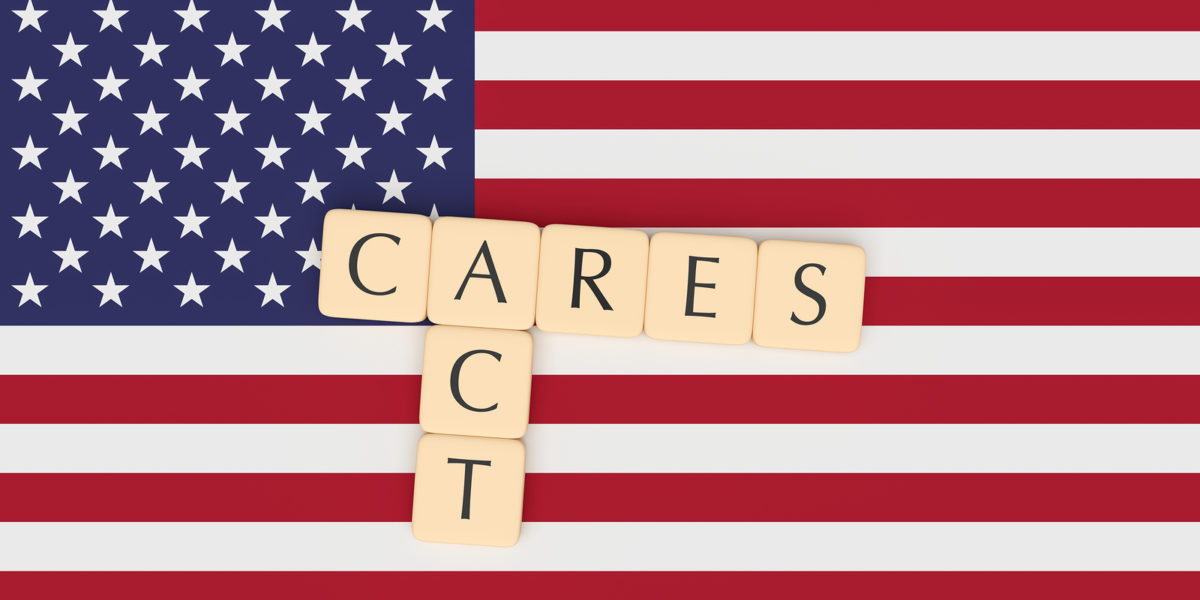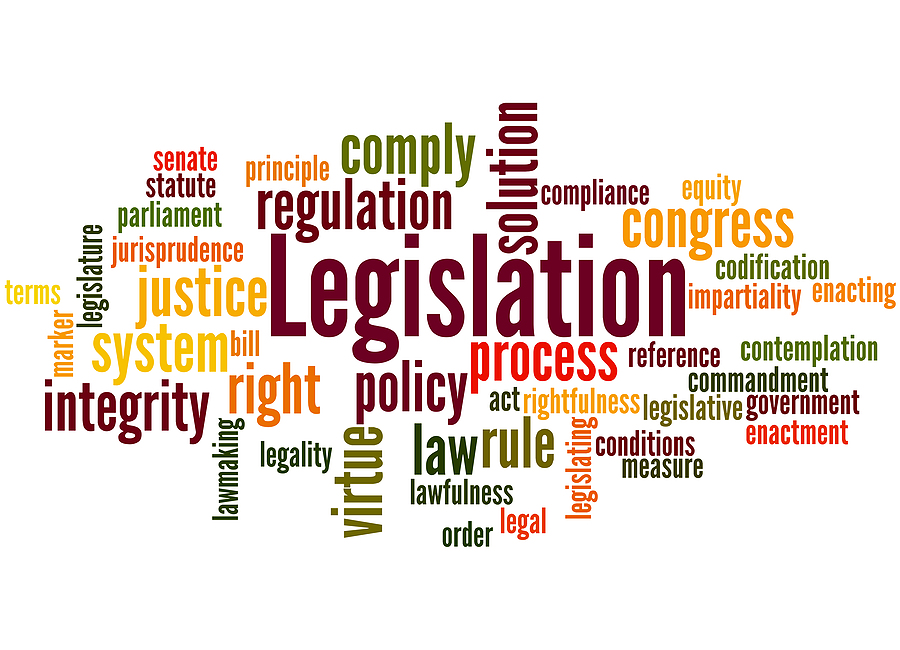The CARES Act, RMD, and Hardship Distribution Changes: What You Need to Know
The CARES Act, RMD, and Hardship Distribution Changes: What You Need to Know
The CARES Act (The Coronavirus Aid, Relief, and Economic Security Act) became law on March 27th, 2020. It contains significant legislation for Required Minimum Distributions (RMD) for those over age 70 ½ who have already started RMD. Under previous IRS distribution laws, a minimum distribution from a pre-tax retirement savings account, such as a 401(k), IRA, or other tax-sheltered accounts, would have to happen in 2020 to avoid the penalty for not taking a distribution. Under the CARES Act, no RMD is required for individuals or beneficiaries of inherited retirement accounts in 2020 due to COVID-19. How will this help investors?
- RMD amounts base on a December 31st valuation; in December 2019 account values were much higher in comparison to now, requiring a more considerable RMD amount before the CARES Act legislation
- Eliminating RMD for 2020 will decrease an individual’s overall earnings, therefore resulting in a lower state and federal tax liability.
- Investors experiencing market loss can forego a distribution in hopes of capturing the upside of the market later on the shares that would’ve liquidated for the RMD.
- The CARES Act provides an opportunity for an RMD to be applied toward a Roth IRA conversion anytime in 2020. Taxes on the distribution will apply as usual, but the RMD will now occur during a down market. Investors will capture the upside of the market with no tax consequences on the Roth IRA’s growth on their initial conversion contribution.
- RMD from a tax-qualified plan can invest in an annuity under the same tax provisions of the CARES Act.
Additional Economic Relief
Under the CARES Act, an additional economic relief provision is built-in for COVID-19 hardship distributions. Investors can access up to $100,000 from their employer retirement savings without penalty if impacted in any of the following ways:
- They or an immediate family member diagnoses with COVID-19.
- They were not able to work due to a lack of childcare.
- Their job eliminates, reduces operational hours, lays them off, or they quarantine, resulting in financial duress.
Taxes and Hardship Distribution
As with the act’s RMD provisions, taxes are due on any hardship distribution from a tax-sheltered retirement plan, but no early distribution penalty will apply. Despite what is happening to the stock market, our economy, and health, right now may be the best time to consider an RMD distribution or a hardship distribution. If you have any questions about the CARES Act and the above information, feel free to reach out anytime.
Disclosure: The newsletter and links are being provided as a service to you. Please note that the information and opinions included are provided by third parties and have been obtained from sources believed to be reliable, but accuracy and completeness cannot be guaranteed. The information is not intended to be used as the sole basis for financial decisions, nor should it be construed as advice designed to meet the particular needs of an individual’s situation. Disclosure: This article is not intended to provide legal advice and is for informational purposes only.
1162555-b
In addition 1st Financial Investments specializes in providing strategies and guidance for those who are seeking a better lifestyle in retirement. If you have retirement savings of five million dollars or $50,000, we can ensure it works as hard. As a result, we offer our experience and knowledge to help you design a custom strategy for financial independence. Contact us today to schedule an introductory meeting!






